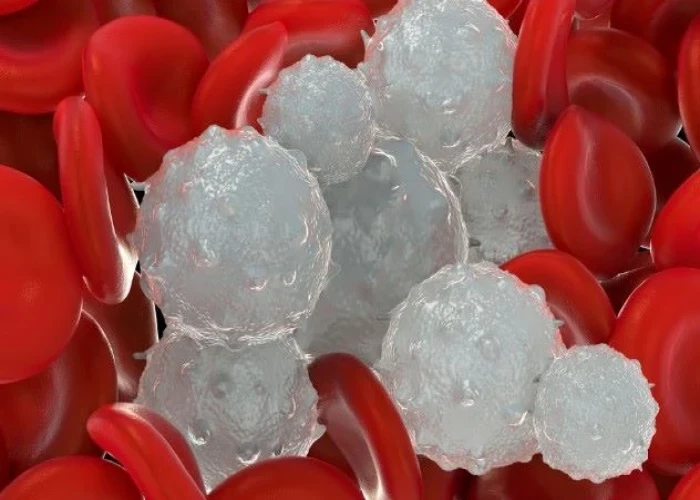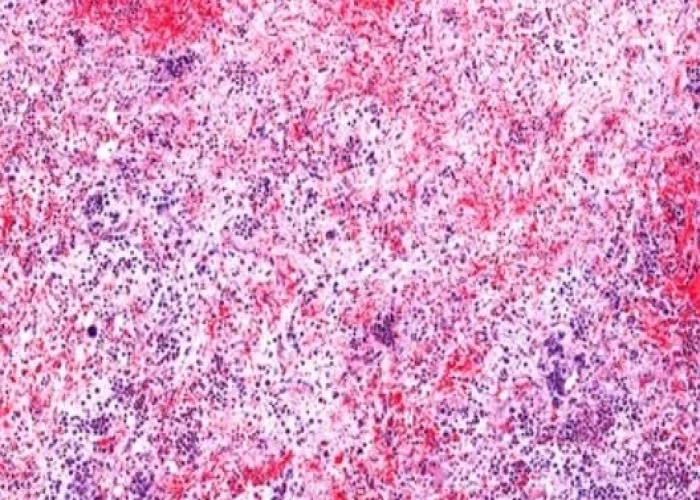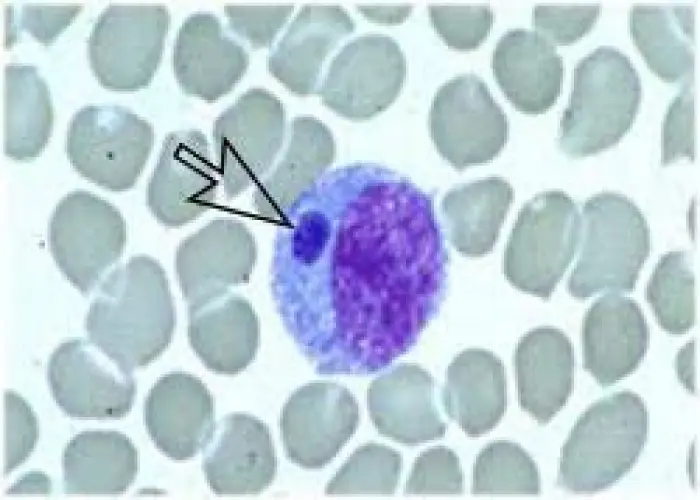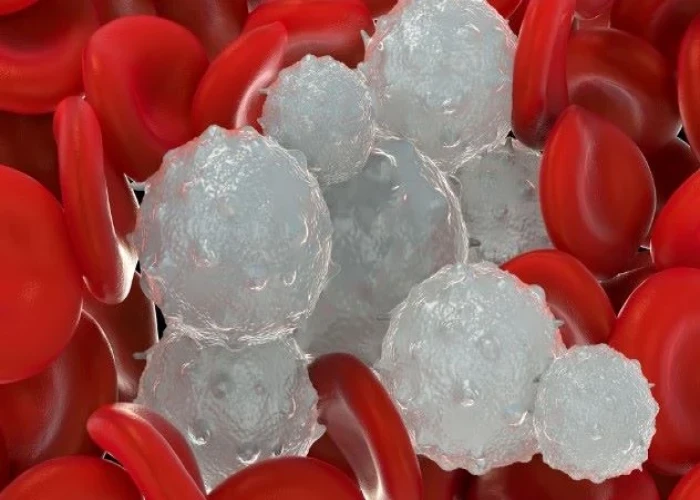 Welcome
Welcome
“May all be happy, may all be healed, may all be at peace and may no one ever suffer."
Pediatric white blood cell disorders

Pediatric white blood cell disorders are conditions that affect the production or function of white blood cells in children. White blood cells are important components of the immune system and help fight off infections and diseases. When the production or function of these cells is disrupted, children may be at increased risk of infections and other health problems.
Some common white blood cell disorders in children include:
- Leukemia - a type of cancer that affects the white blood cells and bone marrow
- Neutropenia - a condition in which a child has a low level of neutrophils, a type of white blood cell that helps fight bacterial infections
- Lymphoma - a type of cancer that affects the lymphatic system, which includes the lymph nodes and other tissues that help fight infections
- Mononucleosis - a viral infection that can cause an increase in the number of white blood cells, particularly lymphocytes
- Congenital disorders of white blood cell production - genetic conditions that affect the production of white blood cells in children, such as severe combined immunodeficiency (SCID)
The symptoms of white blood cell disorders in children can vary depending on the type and severity of the condition. Children with these disorders may be more prone to infections, have a higher risk of bleeding or bruising, and may experience fatigue, weakness, or other symptoms.
Treatment for white blood cell disorders in children depends on the specific condition and may include medications, blood transfusions, chemotherapy, radiation therapy, and bone marrow transplantation. Early diagnosis and treatment are essential for improving outcomes for children with these disorders.
Pediatricians, hematologists, and oncologists are medical professionals who can diagnose and manage white blood cell disorders in children.
Research Papers
Disease Signs and Symptoms
- Increase in white blood cells
- Blood cancer
- Damage bone marrow
Disease Causes
Disease Prevents
Disease Treatments
Disease Diagnoses
Disease Allopathic Generics
Disease Ayurvedic Generics
Disease Homeopathic Generics
Disease yoga
Pediatric white blood cell disorders and Learn More about Diseases

Heatstroke

Solitary rectal ulcer syndrome

Acoustic neuroma

Gastroesophageal reflux disease (GERD)

Myelofibrosis

Stuttering

Dizziness

Ehrlichiosis and anaplasmosis
pediatric white blood cell disorders, পেডিয়াট্রিক শ্বেত রক্তকণিকার ব্যাধি
To be happy, beautiful, healthy, wealthy, hale and long-lived stay with DM3S.
